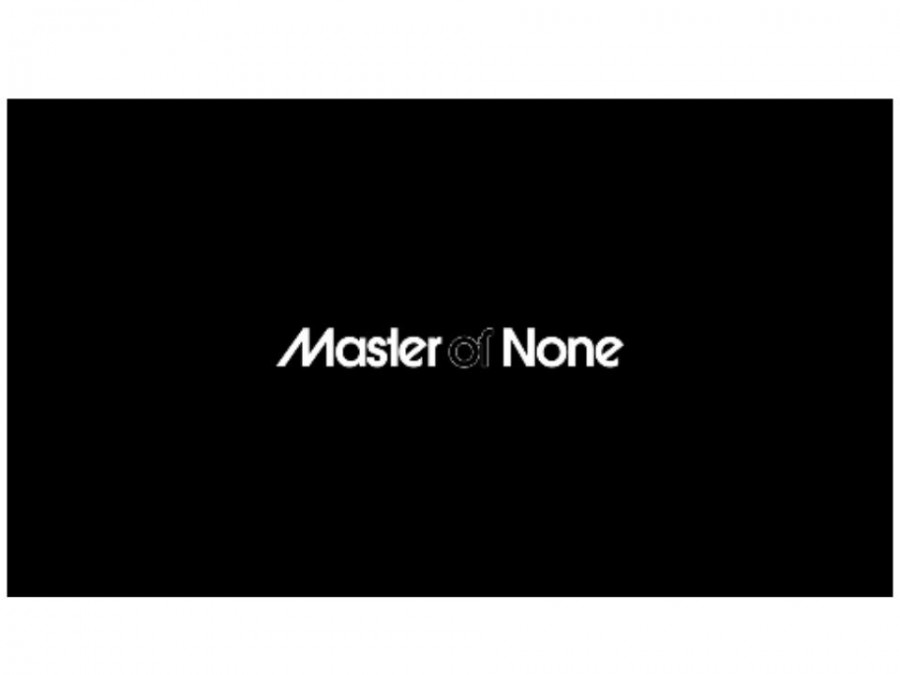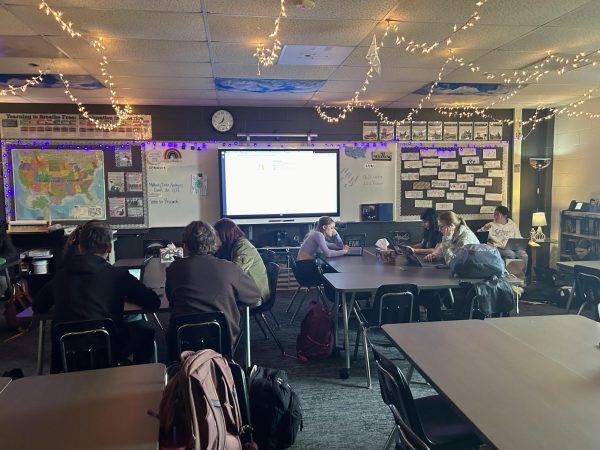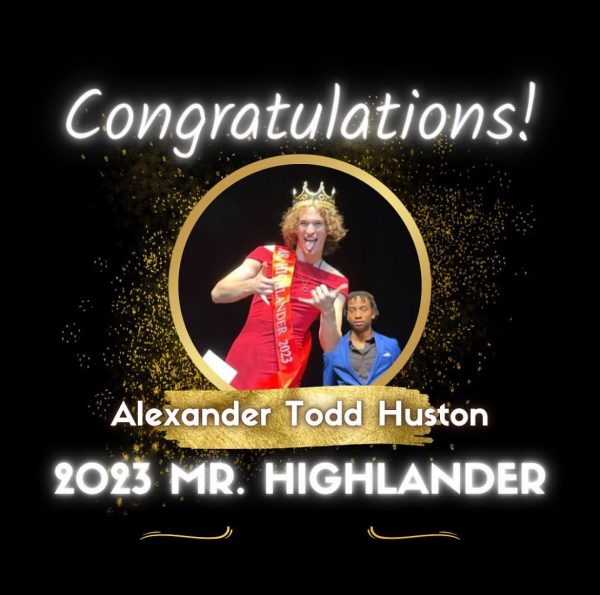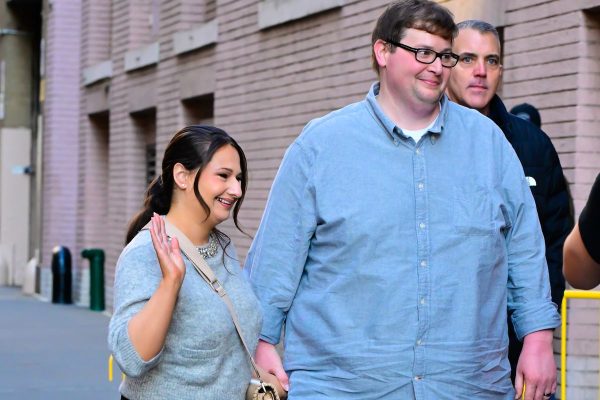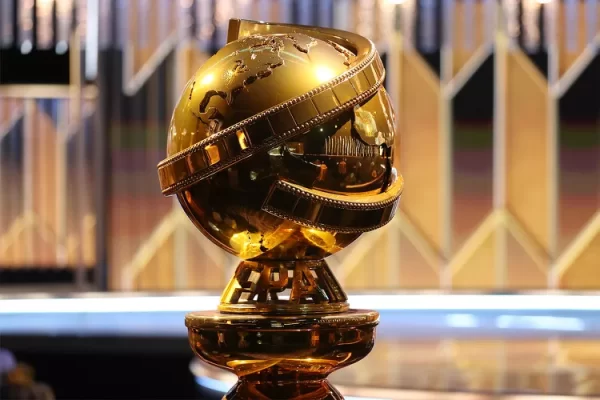Master of None, or Master of All?
Season 1 of “Master of None” is available on Netflix
From addressing serious, pressing issues such as race and identity, to more light-hearted issues like simply choosing the “best” tacos, Aziz Ansari and Alan Yang’s Netflix comedy Master of None tackles a millennial’s journey through this multicultural, multiracial comedy.
The show was recently voted best comedy series at the 2016 Critics’ Choice Awards, and rightfully so. Not only is it hilarious, but it is also thought-provoking and societally challenging. The show stretches from the genre of comedy to a realistic rom-com, a playful satire on technology and the great responsibility that comes with the power of choice.
In the very first episode, the series tackles the dilemma of having children. Ansari plays Dev, an aspiring actor who makes enough money in commercials, but not as much as he would like. Dev’s complicated relationship with Rachel (Noel Wells), his kind of, maybe, sorta girlfriend is shown fleetingly. He and friends Brian (Kelvin Yu), Arnold (Eric Wareheim), and Denise (Lena Waithe) notice many of their friends have been having kids – the ultimate millennial nightmare.
Although the first episode moved a bit slowly, the second quickly picks up the pace and tugs at the heartstrings of first generation Americans. The episode “Parents” follows two immigrant stories: Dev’s parents from India and Brian’s from Taiwan. The striking juxtaposition of the hardships of the two generations reveals the sacrifices the parents made by leaving their lives behind in hopes of a better life in America, as well as the “struggles” that Dev and Brian face – spending hours analyzing which taco shop is the best only to find the shop is closed.
In a later episode, “Indians on TV”, Ansari and Yang dig into even deeper topics, taking on the problem of diversity and representation in television, something this particular show has no problem doing. This program is more documentary style and jam-packed with information about the lack of “real Indians” on television. It shows Hollywood’s ugliness, with brownface, stereotypes, and forced accents. The show also reveals the prejudiced nonsense in society especially with the infamous “there can’t be two” rule, when Aziz Ansari says, “ there can only be one Indian guy on the show or else people are going to be calling it that Indian show.”
Ansari and Yang ambitiously take on the world with this delightful and soulful comedy, showing the world what some self-awareness, intelligence, and wit can truly do to a surprisingly human comedy.

